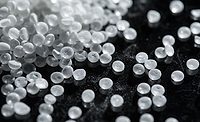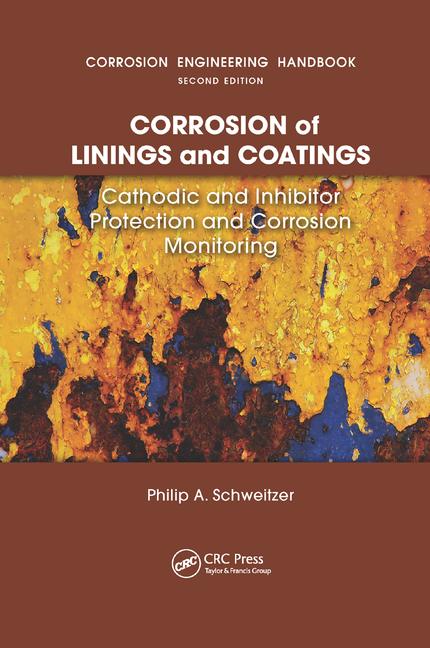Rain Carbon Announces Sustainability Initiatives

STAMFORD, CT – Rain Carbon Inc., a global producer of carbon-based products and advanced materials, recently announced two new initiatives as part of its commitment to minimizing the environmental impact of its operations and helping customers attain their sustainability goals. The company’s commitment includes two new sustainability-related initiatives.
“Building on more than a century of industry leadership and innovation, we are committed to creating a new future for Rain Carbon that empowers our company to meet rapidly emerging customer needs and accelerates the transformation of our industry in a world committed to cleaner, greener, lighter and faster products and manufacturing processes,” said Rain Carbon President Gerry Sweeney.
The first of the company’s sustainability-related initiatives is a detailed carbon-footprint analysis of Rain Carbon’s Vizag calciner in India. A technical paper published in late 2020 highlighted the magnitude of carbon dioxide emissions reductions achievable with energy cogeneration — approximately 45%. The paper also presented data on the performance of Vizag’s sulfur dioxide scrubbing system, which has virtually eliminated the facility’s SO2 emissions and produces a sustainable byproduct used by the local brick-making industry.
The second initiative is an outgrowth of a keynote session at this year’s annual TMS conference — “Sustainability in the Aluminum Supply Chain” — that was spearheaded by Rain Carbon. The company is now working on a detailed carbon-footprint analysis with one of its aluminum smelting customers and two raw materials suppliers to better quantify cradle-to-gate emissions in producing low-carbon aluminum, with a goal of publishing results by the end of 2021.
“We live in a society where sustainability is quickly becoming a license for companies to do business, with growing demands for reduced greenhouse gas emissions, decreased energy consumption, ‘doing what’s right’ when it comes to corporate social responsibility and much more,” Sweeney said. “At Rain Carbon, we know that nothing will have a greater impact on the success of our business than our sustainability efforts and ability to meet the related needs of our customers.”
The company’s sustainability activities begin with the “upcycling” of industrial byproducts, including green petroleum coke and coal tar. By extracting additional value from these byproducts rather than allowing them to be used in less efficient and polluting ways, Rain Carbon is transforming them into critical raw materials for goods that people use every day while helping to meet growing demand for greener products.
A prime example is aluminum, which has become the metal of choice due to its infinite recyclability and strong, lightweight nature, which makes it an ideal material for energy-efficient vehicles. Rain Carbon makes the production of aluminum possible by providing calcined petroleum coke (from green petroleum coke produced during oil refining) and coal tar pitch (from coal tar that is a byproduct of steel production), both of which are essential raw materials in the anodes required for smelting.
Other examples include Rain Carbon’s PETRORES® specialty coatings used in the lithium-ion batteries that power zero-emission electric vehicles, and its NOVARES® resins that reduce rolling resistance in automobile tires, thereby decreasing a car’s energy consumption. Elsewhere, its phthalic anhydride is a key ingredient in the strong, lightweight blades for wind turbines.
Rain Carbon is also working to minimize the environmental impact of its production processes. In response to growing awareness about climate change and carbon emissions, as well as a desire for improved energy efficiency, the company has made significant investments in waste-heat recovery systems at several of its calcination facilities in the United States and India and at its distillation and advanced materials sites in Belgium and Germany.
“The co-generated electricity and steam is used by our plants and other companies, and it is supplied to the local power grid, thus mitigating the need to generate the same amount of electricity — much of which would come from fossil fuel-fired plants — and eliminating the accompanying CO2 emissions,” Sweeney said. “Our clean-air efforts can also be seen in the flue-gas desulfurization systems installed at four of our plants in the United States and India that remove as much as 98% of the SO2 from our emissions.”
Learn more about Rain Carbon and its commitment to sustainability at www.raincarbon.com.
Looking for a reprint of this article?
From high-res PDFs to custom plaques, order your copy today!







